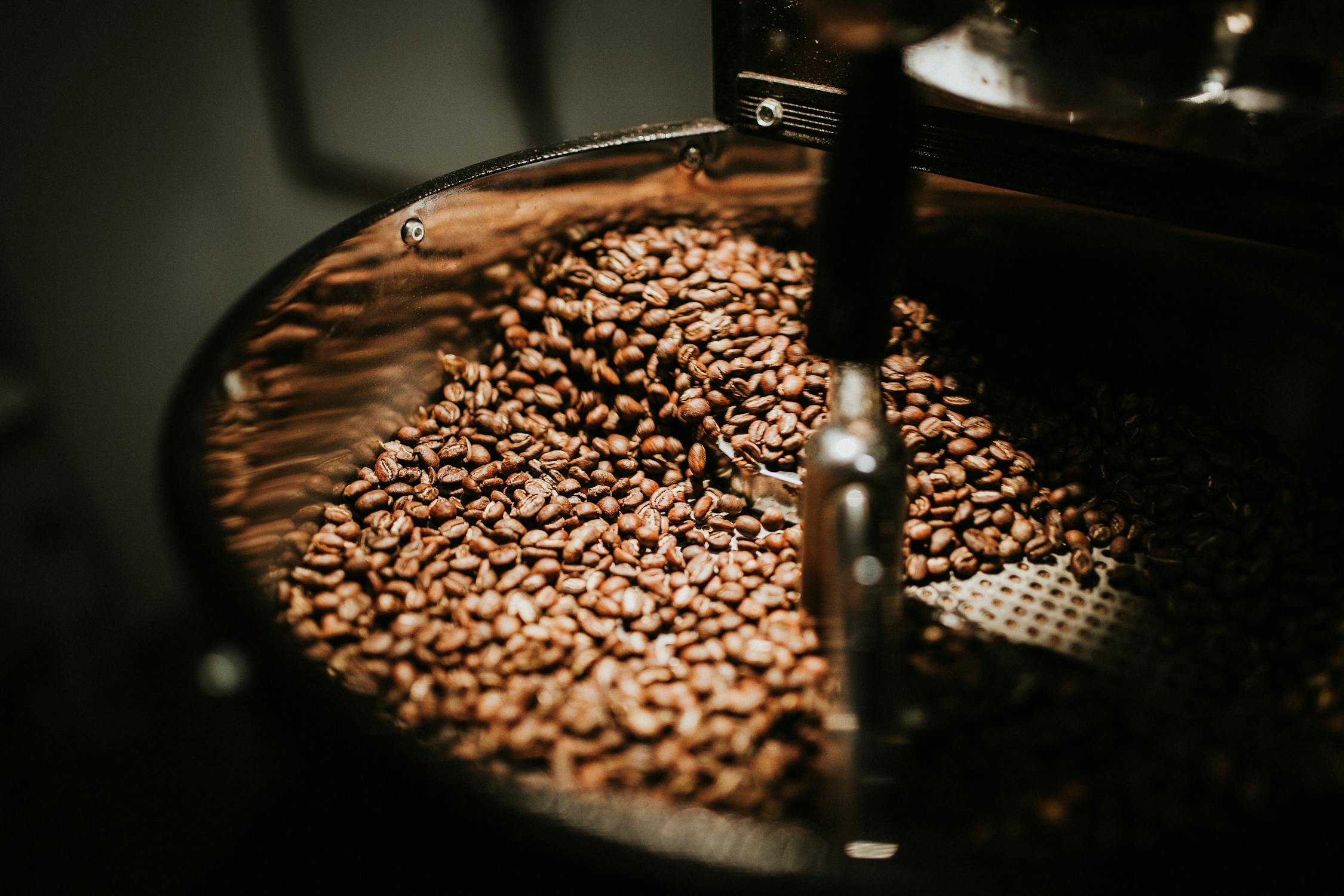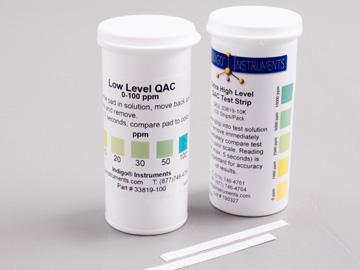[ad_1]
The foods justice function getting accomplished by neighborhood nonprofit Healthful Day Associates began by searching at a hyperlocal version of the difficulty — other children who went to school with the founder’s son didn’t have the exact obtain to balanced treats.
“I found a whole lot of youngsters didn’t have food stuff during recess, and I realized incredibly quickly that they couldn’t manage it, so my co-founder and I … very quietly, supplied organic and natural, wholesome snacks in the classroom. It grew into definitely diving deep into faculty gardens and creating a 1-acre educational farm at the college,” suggests Mim Michelove, founder of Healthier Day Partners, an Encinitas-primarily based nonprofit giving training and resources on starting and sustaining home and school gardens, and minimizing food items insecurity.
The system ongoing to grow. It gained point out and countrywide recognition for strengthening wellbeing and wellness in educational facilities and delivering environmental training. In addition to expanding meals for the school district and area food pantries, it expanded to 10 acres, with Michelove serving as director of the Encinitas Union University District’s Farm Lab, educating pupils and the surrounding local community, functioning on environmental challenges, and designing faculty gardens. That eventually led to the development of Wholesome Day Partners as it capabilities these days.
“After 3 a long time, I realized that I truly liked what I was accomplishing, but I wished to concentrate on less affluent communities,” she claims. “That’s when we relaunched Healthful Day Associates with a very individual concentration for me, which was to check out to lessen food insecurity and increase education and physical overall health in underserved communities.”
Michelove, who life in Encinitas, took some time to speak about the organization’s food items justice operate and the enthusiasm she has for increasing fairness in our foods procedure. (This job interview has been edited for size and clarity. For a for a longer time edition of this conversation, stop by sandiegouniontribune.com/sdut-lisa-deaderick-employees.html.)
Q: What’s informed the way you tactic the form of foods equity work you are doing by means of Nutritious Day Companions?
A: My philosophical point of view is that, specifically with the pandemic and Black Life Issue, we recognized and talked about a damaged foods program, but it’s a lot more than a broken meals system. It is a classist system, it’s a racist program, and when I go to the grocery retailer in my neighborhood, it is completely wrapped in White privilege. For me, understanding that I have this ability to feed my household and my youngster wholesome meals any time I want (and I also improve my have food, so it can make it genuinely quick to do that), I assume: “Well, most people should be equipped to do this for their families. Everyone need to have the similar access.” When you glimpse just close to the corner, nevertheless, there are all of these pockets all-around us that do not have the exact same obtain, and you can evidently see that people are hungry and that there’s food insecurity. There is also this food items procedure that has plenty of foodstuff and wastes it, throws it away, and does not have the distribution program that is wanted to feed everyone equally. It upsets me so considerably that I have to have to do a thing about it.
Q: There are quite a few experiences and scientific tests about foods insecurity and starvation — in San Diego County, as properly as the condition and the country — which include reporting from the San Diego Starvation Coalition that estimates just one in three San Diegans are not able to provide more than enough nutritious foods for by themselves/their family members, as of March 2021 (which is up from a single in 4 San Diegans in 2019). Can you speak a little bit about your Homegrown Hunger Reduction application and what kind of purpose it performs in addressing this concern of local meals insecurity?
A: Those are unacceptable numbers, primarily recognizing that we’re in San Diego, and we have calendar year-spherical expanding. We have the capacity, I think, to alter a ton of these neighborhood food items systems. Our Homegrown Starvation Reduction application genuinely commenced with our Get & Increase Backyard program. As quickly as (the COVID-19 pandemic) lockdown was introduced, that was a time when a ton of grocery retailer shelves ended up vacant and a lot of individuals were anxious about the food items method and whether or not there was heading to be access to foodstuff. My buddy, Nan Sterman, and I were conversing about what we could do. We the two have know-how in gardening and increasing meals, so inside of 3 months, we set jointly the Grab & Grow Gardens software. We set alongside one another that program to aid foodstuff insecure individuals learn how to expand their have foodstuff. It is a lot more than just providing out crisis foodstuff, which is definitely critical, but it is also empowering individuals with a life ability to expand their own healthy meals, even if they don’t have land. They can improve it in a bucket, they can mature it in a further container, and they are equipped to entry seasonal and healthy meals with out relying on charities.
We were being in a position to instantly get our backyard garden kits into starvation reduction companies during San Diego County and at economical housing models. We ended up finding suggestions that it was an intergenerational action, it gave people today a thing to do during COVID, but I imagined the foodstuff pantry traces ended up still much too very long and people ended up still acquiring a challenging time getting fresh foodstuff. What about empowering the property gardener who’s by now escalating food stuff to take their excess bounty and donate it? We came up with a way for them to donate it and for us to gather it and get it right to neighborhood foods pantries, which is our Homegrown Hunger Relief application. We have donation stations all around Encinitas and Carlsbad, and we actually want to develop outside of that. I hope it’s encouraging folks see that there’s a way for them to donate their surplus bounty, and it is a way for us to think about the well being of our communities one yard at a time, one local community at a time. It seems so small, but it can increase up to some thing that is definitely existence-switching.
We want to empower more men and women, what ever their ZIP code or profits level, to grow their personal meals. We want to motivate to consider that surplus zucchini this season, or more citrus in the wintertime, and truly believe about other individuals and where it can be most impactful and powerful in switching our communities. It’s a neighbor-encouraging-neighbor problem exactly where we have adequate meals what we really don’t have appropriate now is the proper distribution program. If all people were being to participate in a program like this, we could end starvation in our communities. On the lookout at that is a strong way of looking at increasing a residence backyard and becoming capable to nourish your neighbors.
Q: In the report titled “The Point out of Nutrition Stability in San Diego County: In advance of, all through and past the COVID-19 disaster,” unveiled by the San Diego Hunger Coalition in Oct 2021,
a map illustrating the ZIP codes with the best figures of food stuff insecure people in the county reveals areas which includes Otay Mesa, Chula Vista, National Town, Lemon Grove and El Cajon. With the knowing that folks of colour and people with lessen incomes are disproportionately foods insecure, can you discuss about what Healthier Day Partners is performing in support to people communities, specifically?
A: With Seize & Mature Gardens, we have been pretty watchful to lover with hunger businesses that are focusing on those people with the most affordable cash flow, the most foods insecure, the hardest hit by COVID. Those who are the most disproportionately impacted by each level of inequality. I truly hope to get Homegrown Hunger Aid further south than the place we are currently piloting the system.
We were being extremely lucky to receive a (U.S. Section of Agriculture) Farm to School grant for doing work with Nationwide University District in Nationwide City. We have been ready to revitalize all of their faculty gardens. Before the grant, we donated a few of gardens and served construct a few of gardens to be confident that just about every pupil has equal obtain to back garden training. After we received the grant, we partnered with Olivewood Gardens & Finding out Middle due to the fact they are in Countrywide Metropolis and they are also backyard garden and nourishment specialists with a great functioning romance with Countrywide University District. A new software remaining piloted at all of the universities is staffing backyard garden educators and backyard garden maintenance as independent, paid out positions as a outcome of the grant. With Olivewood, we had been able to product what we feel is an great backyard, outside, science-based mostly schooling software. We could discuss about National Metropolis as a foodstuff desert and say, “Here you go, here’s some new zucchini, green beans and fennel,” but we want to teach persons on how to make these alterations to be much healthier and how to use diverse foods to make healthier variations of conventional, cultural meals. Olivewood is great at carrying out that in Nationwide Town, so they’re great companions for us.
My philosophy is that education and meals are two of the means that we show our kids how considerably we benefit them, so we’re genuinely happy to assist National School District. Having high-quality backyard training and escalating healthier foodstuff is seriously essential. The children get to see that and whatever is in the cafeteria, we want to have that growing in their school backyard so they can really see where their foodstuff arrives from.
Q: Why is this type of food justice do the job — closing this hole in access to much healthier food items — critical to you?
A: This whole vocation of mine was influenced by getting a kid. I just can’t enable it that, if my baby has entry to wholesome meals that I’m supplying for him, I consider that every single a person of his peers must have accessibility to that exact high-quality of food stuff. When I assume about it, I get really psychological about that spot of inequality simply because it was fairly new for me to comprehend that, when my son went into general public college, that not everyone has the similar obtain to healthful foods. I know that sounds actually ignorant, but it just didn’t have the exact same effects. I’m a major believer in the knowing that if I have accessibility to a little something, everyone should really have accessibility to it.
I feel, for a ton of us, it’s time for some self-reflection and taking obligation to deal with what is broken that our modern society and region requires to address. For me, this is a little something I can enable with because I have an region of abilities in rising meals and I see the impact of developing food items, possessing and rising community food items supplies, and possessing private and general public areas providing access to healthy food in get to eliminate food insecurity. I consider we shouldn’t just be hunting at our backyards to expand foods, but our front lawns, aspect lawns, balconies and public parks. We have a large amount of responses, they’re sort of uncomplicated, and they incorporate up to possessing a actual influence, so I hope that a lot more individuals will undertake growing meals as close to their plates as attainable.
[ad_2]
Supply backlink







